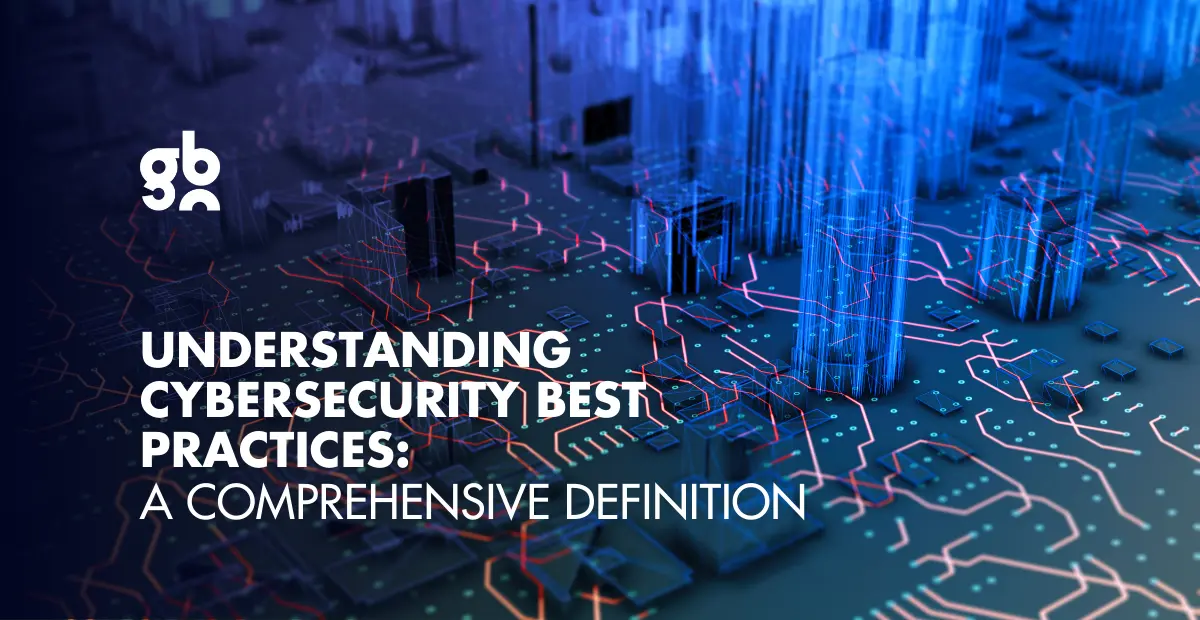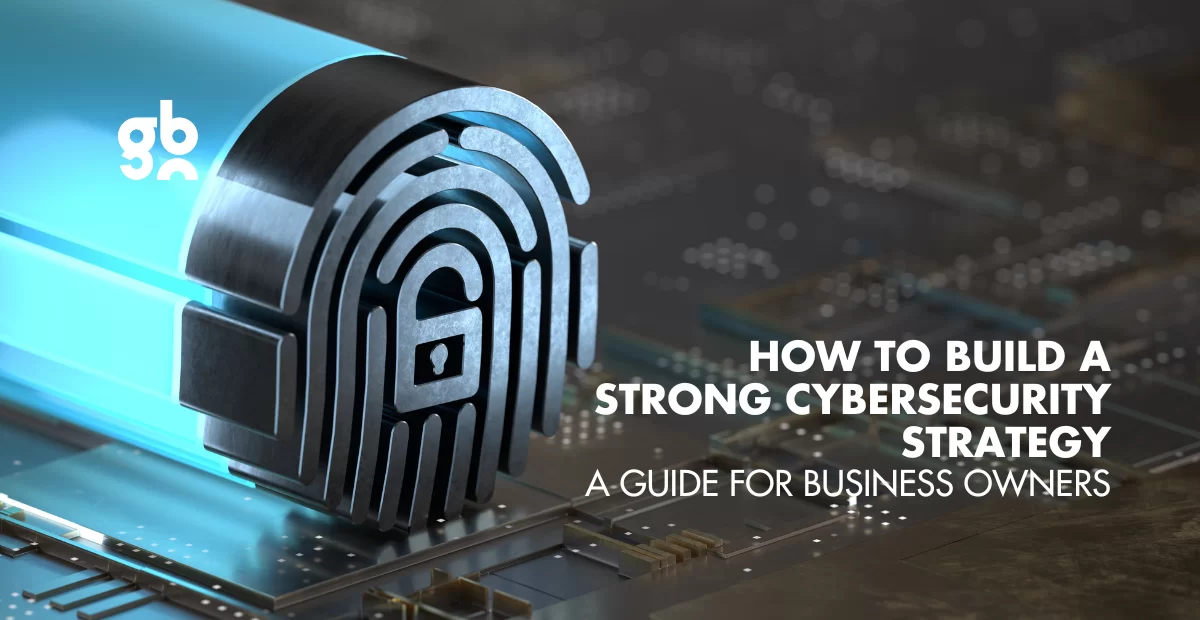Understanding Cybersecurity Best Practices: A Comprehensive Definition
Cybersecurity best practices refer to a set of guidelines and strategies designed to protect systems, networks, and data from cyber threats.

In today's digital age, safeguarding your online presence has never been more crucial. With cyber threats becoming increasingly sophisticated, understanding cybersecurity best practices is essential for individuals and businesses alike. But what does the term cybersecurity best practices definition really encompass?
In this blog post, we'll explore the core components of these practices and how they can be effectively implemented.
What Are Cybersecurity Best Practices?
Cybersecurity best practices refer to a set of guidelines and strategies designed to protect systems, networks, and data from cyber threats. These practices are continually evolving to address new vulnerabilities and challenges in the digital landscape.
Key Elements of Cybersecurity Best Practices
- Regular Software Updates: Keeping software up to date is critical in protecting against known vulnerabilities. Cyber attackers often exploit outdated software to gain unauthorized access to systems.
- Strong Password Policies: Implementing robust password policies can significantly reduce the risk of unauthorized access. Encourage the use of complex passwords and regular password changes.
- Multi-Factor Authentication (MFA): Adding an extra layer of security through MFA can help verify user identity and prevent unauthorized access.
- Data Encryption: Encrypting sensitive data ensures that even if it is intercepted, it remains unreadable without the correct decryption key.
- Regular Backups: Regularly backing up data helps protect against data loss due to cyber attacks, system failures, or natural disasters.
- Employee Training: Human error is a common cause of data breaches. Regular training helps employees recognize and respond to cyber threats effectively.
- Firewall Implementation: Firewalls act as a barrier between your internal network and external threats, monitoring and controlling incoming and outgoing network traffic.
- Incident Response Plan: Having a plan in place ensures a swift and effective response to security breaches, minimizing damage and recovery time.
Why Cybersecurity Best Practices Matter
Cybersecurity best practices are more than just a technical requirement—they are a strategic necessity for any organization. In an era where cyber threats are evolving rapidly, taking a proactive approach to security helps businesses protect sensitive data, maintain customer trust, and prevent financial and reputational damage.
By implementing robust security measures, organizations can reduce vulnerabilities, mitigate risks, and ensure compliance with industry regulations. Whether you're a small business owner or part of a large enterprise, adopting these best practices provides a strong defense against cyber threats, safeguarding your operations, customers, and long-term success.
Explore Our Cybersecurity services
How GBG Can Help
At GBG, we understand that every organization has unique security requirements. Our team of experts works closely with you to develop customized solutions that align with your goals and budget. From risk assessments to full-scale security implementations, we provide the support you need to stay protected in an ever-changing digital landscape.
Don’t wait for a cyber threat to strike. Partner with GBG for top-notch security solutions that offer peace of mind. Get in touch with our team now to safeguard your digital assets.
Contact us today to learn more about cybersecurity practices.
FAQs
1. What are the best practices for online security?
Online security best practices include using strong passwords, enabling multi-factor authentication (MFA), keeping software updated, and educating users about phishing scams.
2. What is the practice of cybersecurity?
The practice of cybersecurity involves protecting systems, networks, and data from digital attacks through a combination of technologies, processes, and user education.
3. What are data security best practices?
Data security best practices include data encryption, access controls, regular backups, and implementing policies to protect data integrity and confidentiality.
4. What is the best cybersecurity company?
The best cybersecurity company depends on specific needs and preferences. GBG is renowned for providing tailored security solutions to meet diverse requirements.
5. What is the best practice for privacy and security?
The best practices for privacy and security include using VPNs, regularly updating privacy settings, being cautious with sharing personal information online, and implementing strong security measures across devices and networks.

Need a bespoke IT solution for your business?
Start a complimentary and obligation-free 30-minute consultation with our business development engineers. Together, we’ll design an IT solution that suits your business operations and scale.




